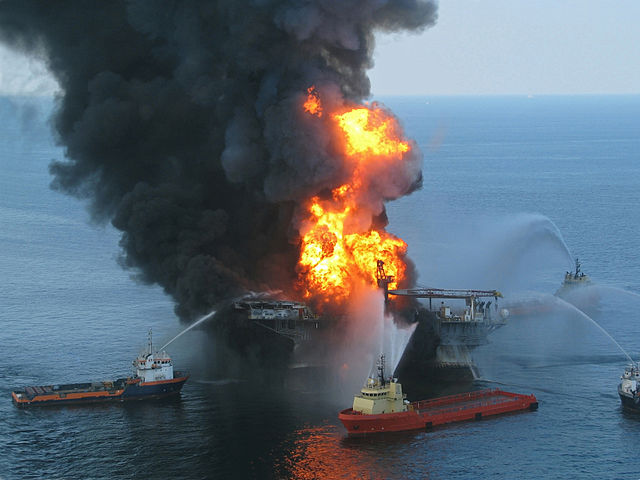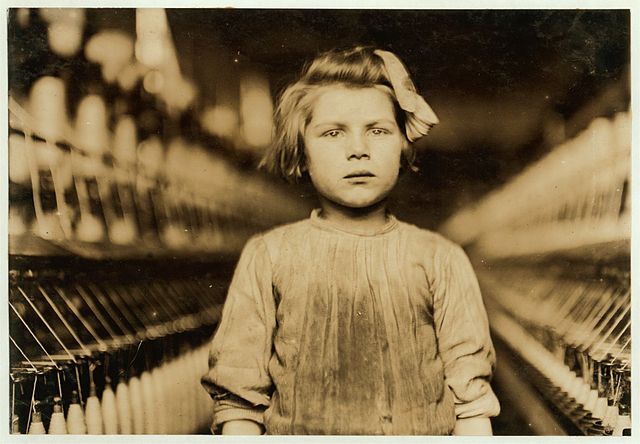Caparo Industries plc v Dickman
Caparo Industries PLC v Dickman [1990] UKHL 2 is a leading English tort law case on the test for a duty of care. The House of Lords, following the Court of Appeal, set out a "three-fold test". In order for a duty of care to arise in negligence:harm must be reasonably foreseeable as a potential result of the defendant's conduct,
the parties must be in a relationship of proximity, and
it must be fair, just and reasonable to impose liability.
Lord Bingham of Cornhill
English tort law concerns the compensation for harm to people's rights to health and safety, a clean environment, property, their economic interests, or their reputations. A "tort" is a wrong in civil law, rather than criminal law, that usually requires a payment of money to make up for damage that is caused. Alongside contracts and unjust enrichment, tort law is usually seen as forming one of the three main pillars of the law of obligations.
Tort law concerns civil wrongs, damaging people's rights to health and safety, property, or a clean environment. Most accidents have become strictly regulated, and may require insurance, for workplaces, road accidents, products, or environmental harm such as the Deepwater Horizon oil spill.
19th century regulation limited child labour and working time in factories and mines, but employers were not always liable for accidents until 1937.
Strikers gathering in Tyldesley in the 1926 General Strike in the UK




